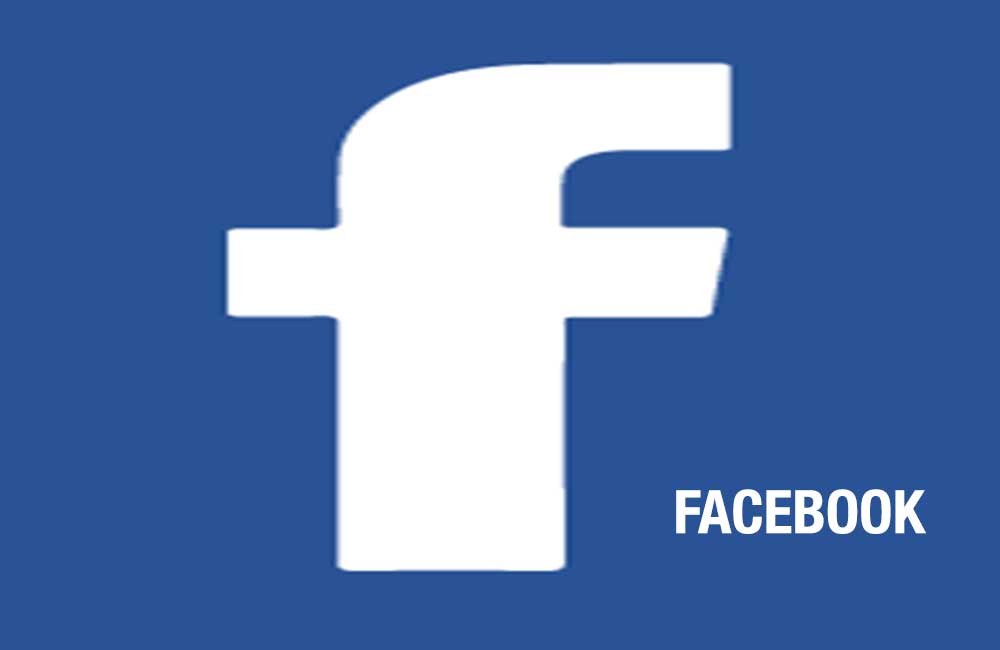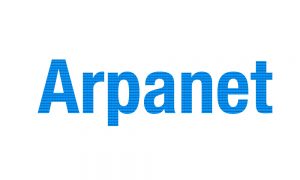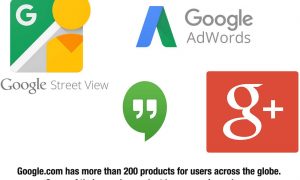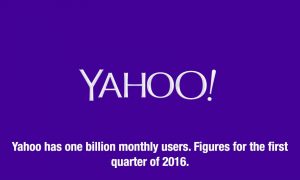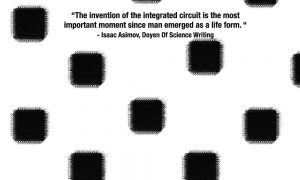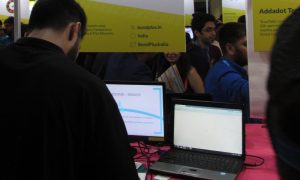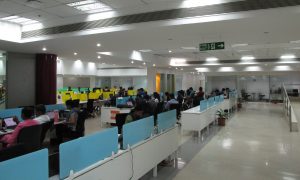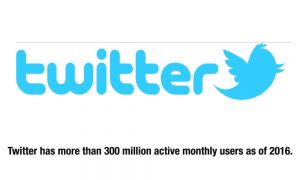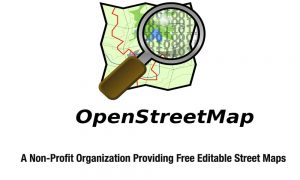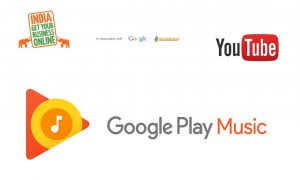An inadequate feature of HTML5 was dramatically revealed by Mark Zuckerberg, CEO of Facebook. In June 2012, in an unusual public admission, Zuckerberg disclosed that adopting HTML5 was one of his ‘biggest mistakes, if not the biggest strategic mistake’ and that he had to develop his own app in its place. Zuckerberg, who was an early advocate of HTML5, however, concede that HTML5 was not bad, though he could not efficiently use it in the mobile devices accessing Facebook, numbering about 450 million. However, some experts are of the view that HTML5 cannot be the real reason why Facebook’s mobile apps were slow. May be the huge demand by millions of Facebook users may have compromised its performance.
Recent developments have shown that HTML5 need not remain helpless. For instance, WebKit, a dominant engine for mobile web browsing has been adopted by Google’s Chrome, and Apple’s Safari. It is hoped that HTML5 would soon be able to support streaming videos effectively (rather than merely downloading them into user devices), without additional plug-in or software. In the final analysis, technological applications are governed by economics. Apple and Google alone have more than 85 per cent of the global smartphones market and they prefer apps, which are cash cows. And apps continue to be in demand. But the open Web needs to be nurtured as it is a global public resources, where open standards have supported innovations and where non-commercial creativity is still a distinct possibility. Moreover, we should remember that by its very nature, a Web app will never become out of date, as the mere act of visiting a website automatically loads the latest version of the server.
HTML5, which supports the Web, needs to be strengthened as quickly as possible in tune with the changing demand from smartphones and similar devices. Several experts think that is only a matter of time before the technologies behind Web apps are able to compete successfully with the aesthetic and other qualities of native apps. Observers write about an ongoing browser ‘war’, reminiscent of the competition in the 1990s between Internet Explorer and Netscape Navigator for dominance over personal computers. Currently, the competition is between Google’s business apps and Microsoft’s desktop software ; and between Apple’s Apps Store and Mobile Web apps. The rivalry is expected to benefit the customer and result in a strengthened Web.
In a related trend, Google’s Chrome has gone ahead of the Internet Explorer as the most popular browser, even though Chrome does not come loaded on computers as do Explorer and Safari. Chrome enables users to do shopping or play games on the mobile Web. Meanwhile, the size of the average Web page has increased. Google is making special efforts to make the Web function faster. Mozilla has predicted that the Web will emerge as a viable mobile platform. The unique merits of the Web viz., its universal reach, velocity of dissemination of upgrades and cross-platform application will make it technologically strong.
A technologically strong Web, though a laudable aim, does not necessarily lead to a more equitable distribution of online access across nations or even within nations. Tim Berners-Lee has pointed out that every time we make the Web more powerful, we are widening the gap between those who have it and those who are deprived of it. The digital divide is a challenge for policy makers in the IT sector. A report (2012) by the International Telecommunications Union (ITU) points out that the poorest countries, particularly in Africa, have the highest connectivity costs, despite a 75 per cent fall in global broadband prices between 2008 and 2011. The absence of Internet exchange hubs in Africa results in diversion of traffic via Europe adding to the cost of transmission. India the Report states, ranks 119th out of 155 countries it scanned in its ICT (Information and Communication Technologies) Development Index, despite massive investments and impressive technological progress.
One way of reducing the digital divide, especially within a developing country, is by promoting open source software for taking the technology to the masses. Firefox enthusiasts have planned a community project, called NeMo (for News Mozilla). The objective is to generate and collect content in local languages on the browser as English alone would restrict the number of users in many countries. A database of educational articles will be offered for publication worldwide.
Internet freedom advocates have opposed the proposed inclusion of what are known as Digital Rights Management (DRM) as part of HTML5. DRM refers to a collection of systems used to protect the copyrights of electronic media including digital music, movies and other data stored or transferred digitally (for e.g. iTunes). It is pointed out that DRM would no doubt provide profit to content creators but would greatly limit the Web users from accessing the content.

